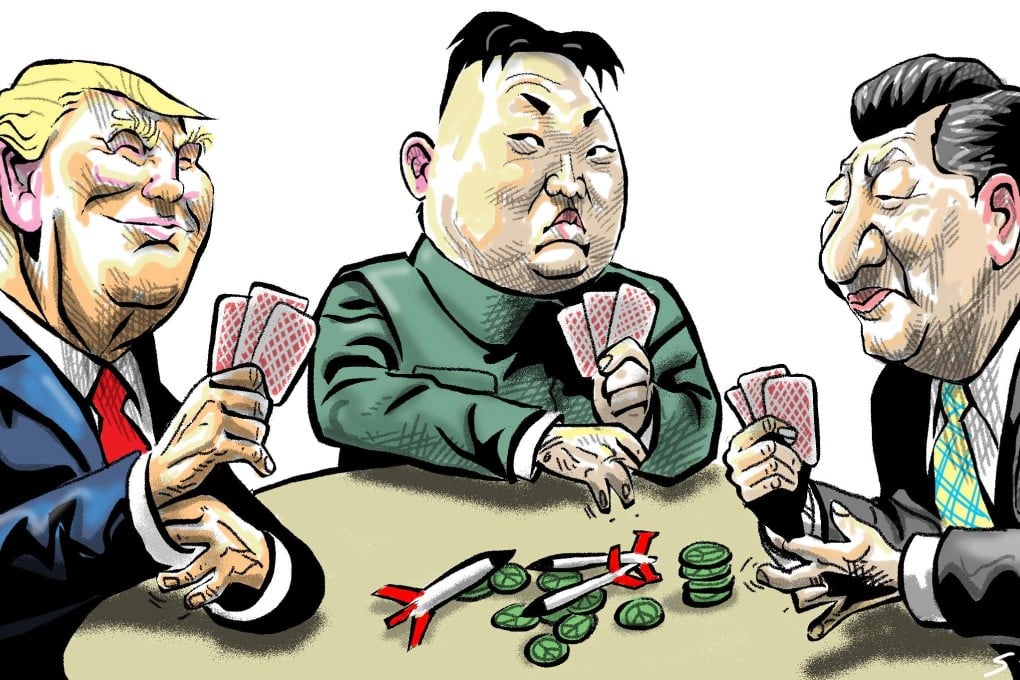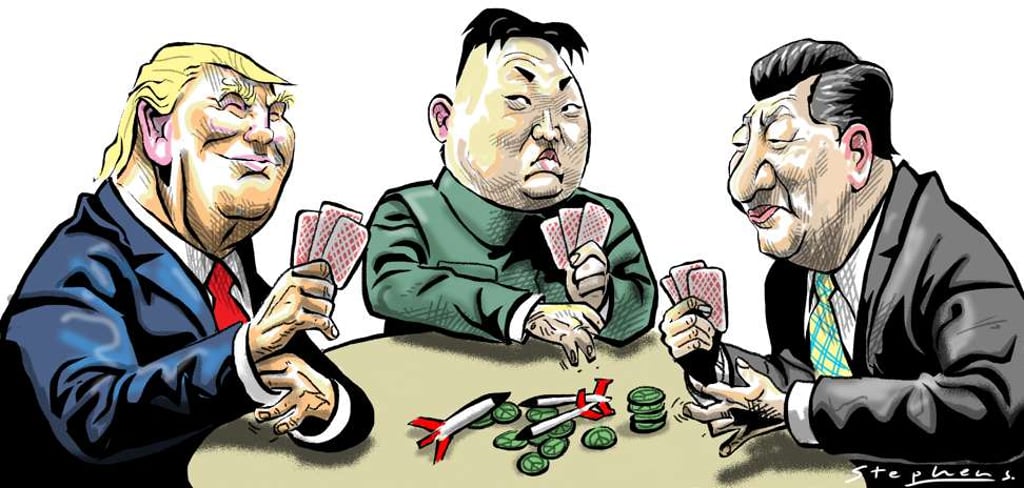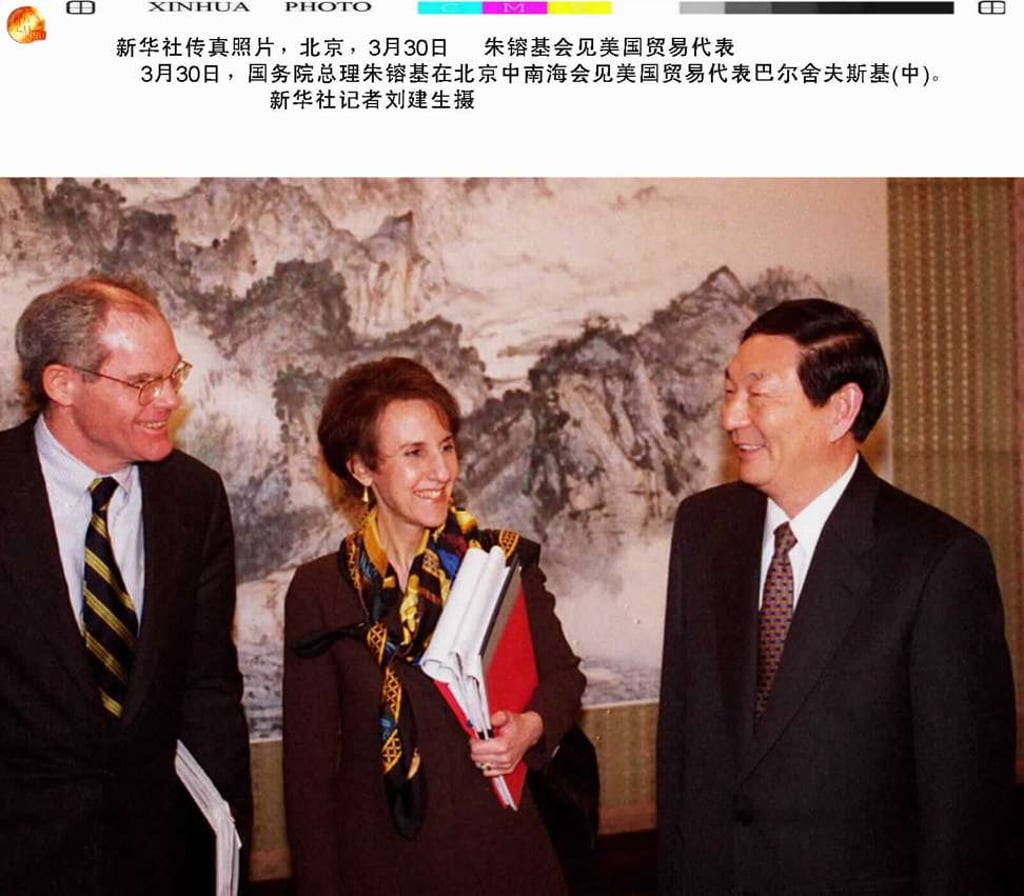How the Xi-Trump summit can rebuild Sino-US trust and bring stability to the Korean peninsula
Tom Plate says erosion of mutual trust is the biggest obstacle to China and America jointly reducing tensions in East Asia, but the Florida summit offers their leaders a chance for change


The power of transactional trust is seen as central to social stability and economic efficiency
Some degree of trust is essential if the relationship is not to become dysfunctional. In western social science, the power of transactional trust is seen as central to social stability and economic efficiency. The very routine of habitually working together well can create its own positivity, a sort of social currency or bonus human capital. Clinton’s ace trade negotiator, Charlene Barshefsky, developed a close relationship with the exceptional Zhu, then China’s premier, and she would fly to Beijing at his invitation to offer officials briefings on WTO intricacies. A bilateral bitcoin almost seemed in the minting.

These days, one key impediment in the all-important Sino-US relationship is the relative waning of mutual trust. After the US-ignited global meltdown of 2008-2009, Chinese reverence for the macro-economic wisdom, and probity, of Wall Street/Washington evaporated. And ever since the rise of President Xi Jinping (習近平) and his pushy Pacific policy in the South China Sea, America’s take on Beijing went from a little trust to lots of verify. Today, the bilateral bitcoin is battered.
This was backed by his boss, who in a March 17 tweet trumpeted: “North Korea is behaving very badly. They have been ‘playing’ the United States for years. China has done little to help!” This is high school international relations.
Only China working with the US, as well as with Seoul and Tokyo, can make the near-impossible [of a non-nuclear North Korea] happen
Watch out: the Donald Trump administration might bluster into a 21st-century equivalent of the Cuban missile crisis. Beijing (and others across Asia) make a fair point when they wonder aloud why the US could live for decades with the capable Soviet nuclear threat, but can’t tolerate North Korea’s mini-arsenal. To be sure, everyone would be much less edgy if Pyongyang could be induced to downshift to non-nuclear; and surely only China working with the US, as well as with Seoul and Tokyo, can make the near-impossible happen.